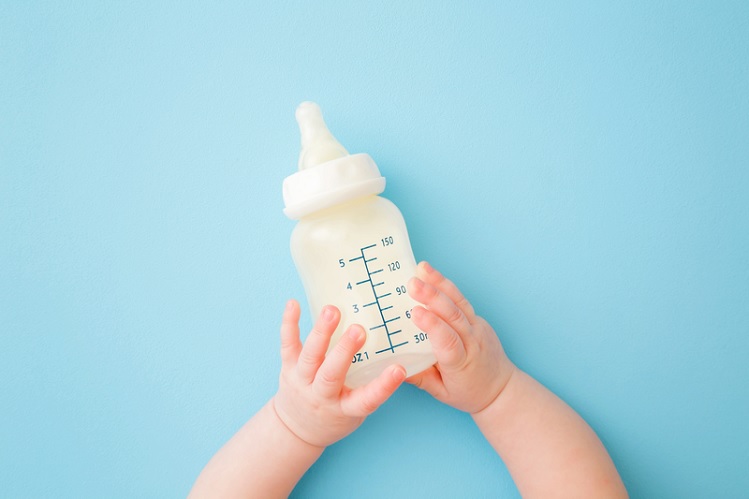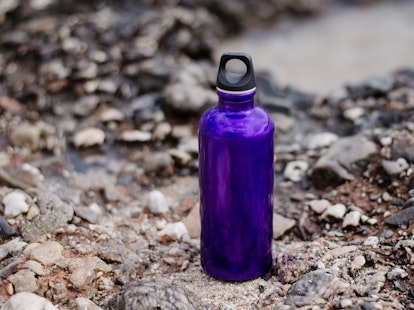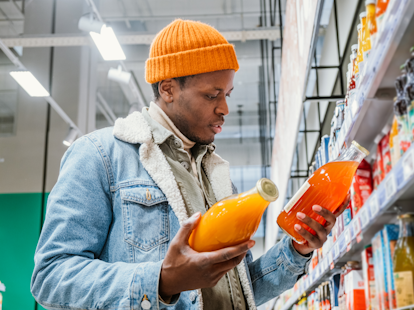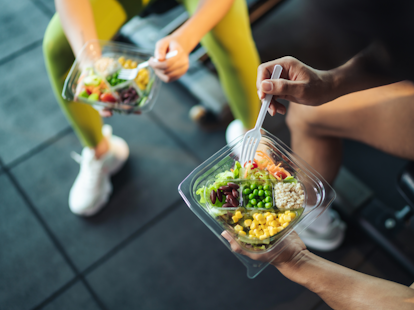Brazil’s ordinance on baby bottles and teats entered into force on June 1, 2021. A recent amendment made editorial changes to the list of complementary documents for conformity assessment requirements.

In May 2021, Brazil’s Ministry of Economy/National Institute of Metrology, Quality and Technology (Ministério da Economia/Instituto Nacional de Metrologia, Qualidade e Tecnologia, Inmetro) published Ordinance No. 216 of May 5, 2021 (Portaria No. 216, de 5 de Maio de 2021) approving the consolidated conformity assessment requirements for baby bottles and teats (the Ordinance).
The Ordinance contains, inter alia, several important provisions. It:
- Establishes the consolidated legislation for baby bottles and teats in the form of conformity assessment requirements (Annex I) and specifications for the conformity identification seal (Annex II)
- Requires conformity assessments to be carried out by a Product Certification Body (Organismo de Certificação de Produto, OCP) that is established in Brazil and accredited by Inmetro
- Requires suppliers to choose Certification Model 1b (batch testing) or 5 for conformity assessment requirements – the Certificate of Conformity (CoC) for Model 5 is valid for three years
- Requires certificates that have been issued to be evaluated against ‘the Ordinance’ in the next evaluation
The Ordinance entered into force in June 2021.
Since its publication, an amendment published on August 24, 2021 has made several editorial changes to the list of complementary documents for the conformity assessment requirements (see Table 1 below).
Highlights of adopted complementary documents for the conformity assessment requirements are summarized in Table 1.
Entry | Citation | Title |
|---|---|---|
1 | Law No. 11.265 of January 3, 2006 | Regulates the sale of food for infants and children in early childhood and also related childcare products |
2 | Resolution RDC No. 56 of November 16, 2012, or substitute | Provides for the positive list of monomers, other starting substances and polymers authorized for the manufacture of plastic packaging and equipment in contact with food, the ban on the use of Bisphenol A in baby bottles for feeding infants and other measures |
3 | Resolution RDC No. 123 of June 19, 2001, or substitute | Technical regulation on packaging and elastomeric equipment in contact with food |
4 | Resolution RDC No. 51 of November 26, 2010, or substitute | Provides for the regulation of migration in materials, packaging and plastic equipment intended to come into contact with food |
5 | Resolution RDC No. 52 of November 26, 2010, or substitute | Provides for the regulation of dyes in plastic packaging and equipment intended to come into contact with food |
6 | Resolution RDC No. 17 of March 17, 2008, or substitute | Provides for the positive list of additives for plastic materials intended for the manufacture of packaging and equipment in contact with food |
7 | Resolution RDC No. 221 of August 5, 2002, or substitute | Provides for the regulation of pacifiers, teats, baby bottles and teat protectors |
8 | Anvisa Resolution No. 105 of May 19, 1999, or substitutes | Provides for the regulation of general provisions for plastic packaging and equipment in contact with food |
9 | Ordinance No. 27 of March 19, 1996 | Provides for the regulation of glass and ceramic packaging in contact with food |
10 | Inmetro Ordinance in force | General product certification requirements (Requisitos gerais de certificação de produtos – RGCP) |
11 | ABNT NBR 13793:2012 | Safety of baby bottles and bottle teats |
12 | ABNT NBR 5426:1989 | Sampling plans and procedures in inspection by attributes |
Table 1
On the same day as publication of the amendment to revise the Ordinance on baby bottles and teats, Brazil’s Ministry of Economy/Inmetro also issued a similar (editorial) amendment to Inmetro Ordinance No. 301 of July 12, 2021 for pacifiers by inserting ‘or substitute’ or ‘or substitutes’ to Anvisa Resolution RDC Nos. 221 of 2002 and 81 of 2008 to the list of adopted complementary documents for conformity assessment requirements (SafeGuardS 108/21).
SGS offers a range of consulting, training, product development, testing, auditing and inspection services to help you demonstrate that your products are safe, high quality, and that they comply with the strict regulations that are enforced by markets around the world. In the end, it’s only trusted because it’s tested. Contact us for more information or visit our website
For inquiries, please contact:
Hingwo Tsang
Global Information and Innovation Manager
t: (+852) 2774 7420
© SGS Group Management SA - 2021 - All rights reserved - SGS is a registered trademark of SGS Group Management SA. This is a publication of SGS, except for 3rd parties’ contents submitted or licensed for use by SGS. SGS neither endorses nor disapproves said 3rd parties contents. This publication is intended to provide technical information and shall not be considered an exhaustive treatment of any subject treated. It is strictly educational and does not replace any legal requirements or applicable regulations. It is not intended to constitute consulting or professional advice. The information contained herein is provided “as is” and SGS does not warrant that it will be error-free or will meet any particular criteria of performance or quality. Do not quote or refer any information herein without SGS’s prior written consent.



